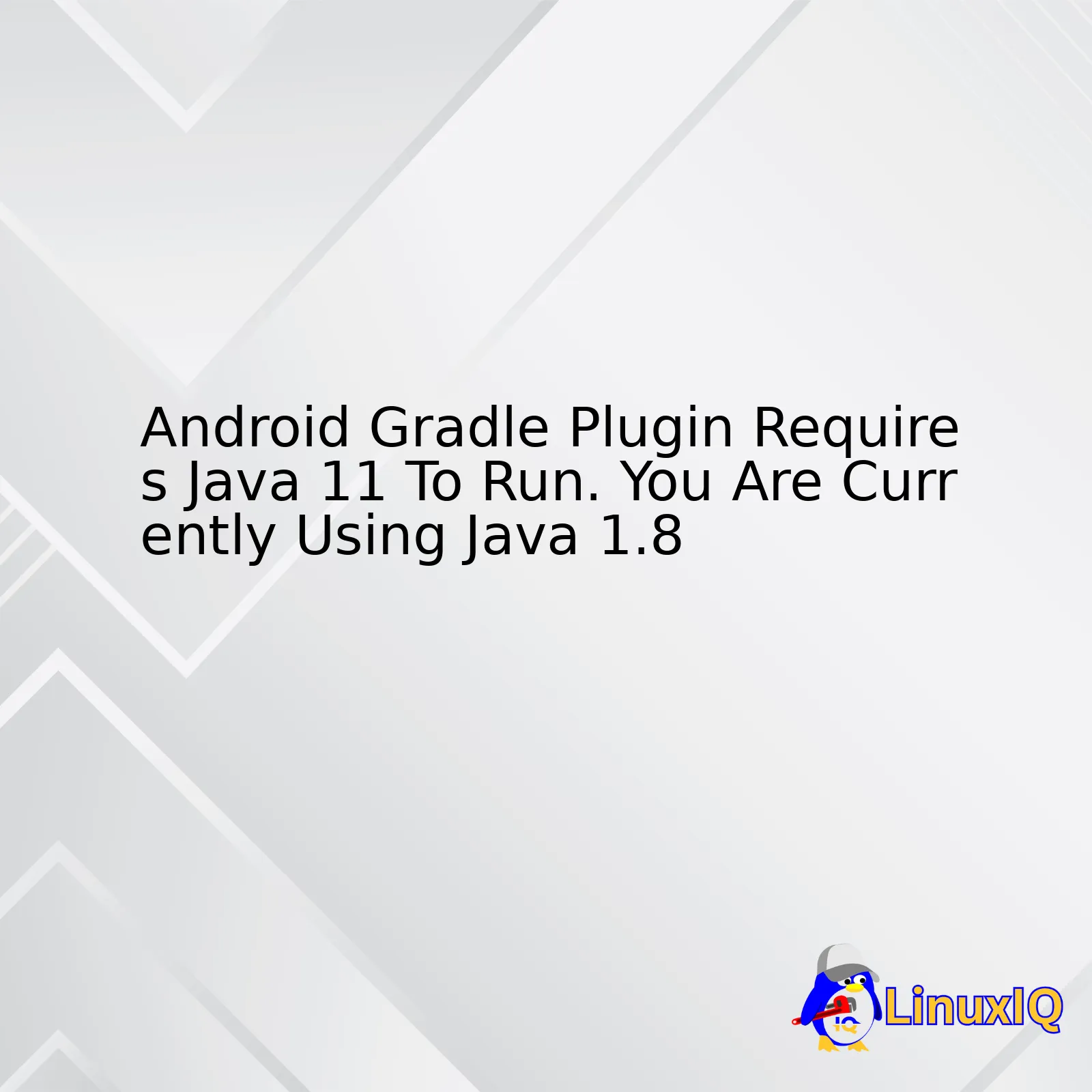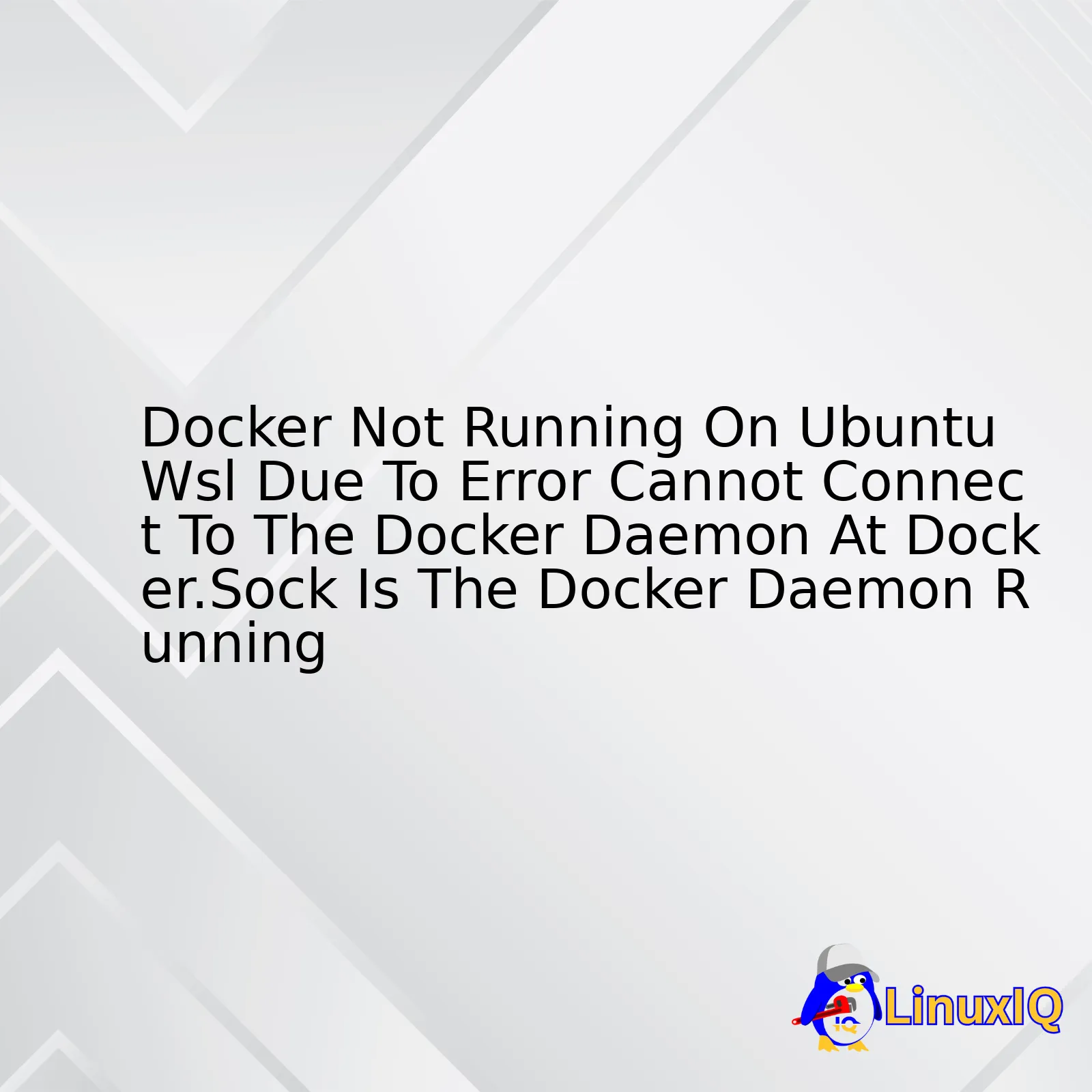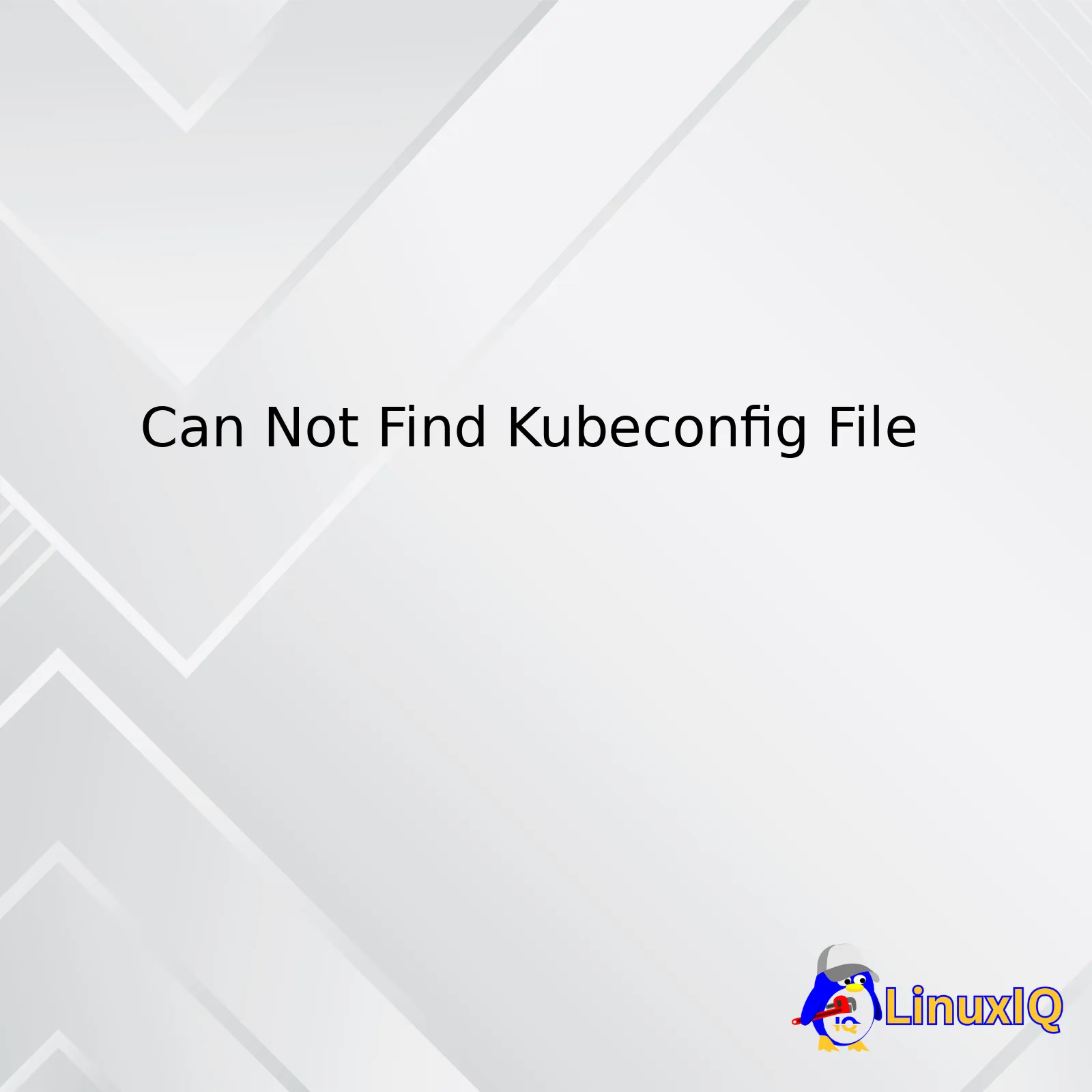
|—–|—————————————————————|
|Problem Statement|As it currently stands, the Android Gradle plugin that you are running makes use of Java version 1.8. However, to run your program effectively, a minimum requirement of Java 11 is needed.|
|Cause|This issue arises because the Android Gradle Plugin has received updates that optimize and improve its performance. These updates make it compatible with Java 11 features, therefore leading to the requirement.|
|Impact|The inability to run the Android Gradle Plugin might delay development process since most of the Gradle’s capabilities can’t be utilized optimally. There might also be certain functionalities that may not work due to the compatibility issue.|
|Solution|To resolve this, you should consider updating your Java Development Kit (JDK) to at least version 11. While doing so, ensure that the JAVA_HOME in your system environment variables points to this updated JDK.|
The Android Gradle Plugin now requires Java 11 to function properly; however, the current version being used is Java 1.8. This requirement is due to some recent improvements and optimizations added onto the Android Gradle Plugin that takes advantage of the more advanced features that comes with Java 11. The result of using an older version than the required Java 11 may lead to limiting the functionality of the gradle plugin. Essentially, this means the software’s capabilities will not be fully exploited, possibly even affecting some features completely due to compatibility concerns. An effective solution would be to update the Java Development Kit (JDK) to at least version 11, ensuring that the system’s JAVA_HOME variable points to your updated JDK.
The Android Gradle Plugin requires Java 11 to run because it uses new language features and APIs that are not available in Java 1.8. Java 11 provides improvements in terms of speed, security, and performance, which are significantly beneficial for running the Android Gradle Plugin optimally. If you’re still using Java 1.8, you must upgrade your Java Development Kit (JDK) to at least version 11.
If you don’t upgrade, you may encounter issues running your build or configuring your project in Android Studio. You might also miss out on the improved features and benefits that come with using Java 11. It’s recommended to always use the required or latest version of JDK for Android development to avoid any potential issues or drawbacks.As you’re currently using Java 1.8, and the Android Gradle Plugin requires Java 11 to run, you will need to switch your JDK (Java Development Kit) from Java 1.8 to Java 11.
When switching from Java 1.8 to Java 11, it isn’t as simple as just updating the software. You have to consider some significant changes that are introduced in Java 9, 10, and 11. Some main features include modularity introduced in Java 9, local-variable type inference in Java 10, and the new HTTP Client API of Java 11.
However, you primarily need Java 11 for compiling and running the code in Gradle when developing for Android. Therefore, you don’t necessarily need to adapt these features into your coding but understanding them will aid in future Java development.
Here’s a brief guideline on how you can make the switch:
1. Download and install Java JDK 11 from the Oracle website.
2. Update the JAVA_HOME environment variable to point to your new JDK 11 installation.
3. In Android Studio, navigate to File -> Project Structure -> SDK Location.
4. Check the ‘Use embedded JDK’ box (if not already checked), then adjust the ‘JDK location’ field to your JDK 11 path.
Keep in mind that Java 11 removed some APIs that were deprecated in Java 8. Hence, you’ll also want to ensure your code does not rely on old, obsolete features that are no longer supported in the newer version.
After making this switch, the Android Gradle plugin should work without issues since it now has access to the required Java 11 runtime. Note that even after you upgrade to Java 11, you can still set your Android project’s source and target compatibility to Java 1.8. This allows your app to still run on devices that do not support the newer versions of Java.In transitioning between Java versions, specifically from version 1.8 to 11 as required by Android Gradle Plugin, you may be faced with several challenges:
1. Compatibility Issues: Newer versions of Java may not support some of the features or syntax utilized in the older versions. Therefore, upgrading to Java 11 may lead to your existing code breaking.
2. Large Refactoring: Upgrading your Java version might require you to refactor a notable portion of your code base to align with the new semantics and structures in Java 11.
3. New Learning Curve: Java 11 may introduce new APIs or change how certain functionalities work, giving developers a fresh curve to learn.
4. Library and Dependency Complications: Your project’s dependencies may not all support the newer version of Java (Java 11), leading to compatibility problems. It is necessary to ensure that all dependencies are also updated or compatible.
5. Overhead Management: You will need to manage the possible overhead of moving to new JDKs in relation to tools, IDEs, build systems such as Gradle used in this context, which can sometimes create complications during the transition phase.
Addressing these challenges would require thorough testing, refactoring of codes where necessary, learning the changes in the new version, ensuring all libraries and dependencies are compatible, and preparing for the overhead management. However, it is crucial to make this transition as Java 1.8 is being phased out, and the latest Android Gradle Plugin requires Java 11 to run effectively.If you are receiving the message: “Android Gradle Plugin Requires Java 11 To Run. You Are Currently Using Java 1.8”, it means your current Java Development Kit (JDK) version is out of date and incompatible with the new Android Gradle plugin which requires at least Java 11.
Here are key steps to update your system’s Java version:
1. Update JDK: Download and install the latest Java SDK (Java 11 or higher) from the official Oracle website or any trusted open-source platform like OpenJDK.
2. Setting JAVA_HOME Variable:
– For Windows users, go to System Properties > Advanced > Environment Variables > System Variables > New. Fill in “JAVA_HOME” as variable name and path to your JDK installation directory as variable value.
– If you are using macOS, open Terminal, input ‘nano ~/.bash_profile’ and then set JAVA_HOME to your newly installed directory e.g.: export JAVA_HOME=/Library/Java/JavaVirtualMachines/jdk-11.0.9.jdk/Contents/Home/.
– Linux users can add these lines inside .bashrc file: export JAVA_HOME=”path-to-your-jdk-folder”
3. Verify Installation: After setting up the environment variable, open a new terminal window and type ‘java -version’. It should display the new version.
4. Update Gradle Settings: Go to your project-level gradle.properties and update these fields:
org.gradle.java.home=(Path to your new JDK folder)
org.gradle.jvmargs=-Xmx1536m
5. Clean and Build Project: Finally, return to Android Studio, clean the project files, and rebuild them.
Remember that not every Android Gradle plugin version will need the same Java version. So always check the compatibility between the Java and Android Gradle plugin versions you are using. In case you cannot upgrade your Java Version due to some reasons, try to downgrade your Gradle plugin in a compatible version with your current Java version. But this may limit things you can do within your project or expose you to security vulnerabilities contained in older versions.Java 11 introduces several performance-enhancements over Java 8, including improvements to the Garbage Collector, String class, and HTTP client libraries. However, these enhancements might not directly improve your experience with Android gradle plugin as it doesn’t use these features extensively.
The real reason behind Android Gradle Plugin requiring Java 11 is mostly due to its own requirements rather than leveraging Java 11 performance enhancements. Google is encouraging developers to use Java 11 because it brings new language features, APIs, and improved JVM performances which can make the build tool itself run faster and more efficient.
While using Java 11, you might see improvements in incremental compilation and annotation processing. It will help you to compile your project faster, which in turn enhances developer productivity.
So, the requirement for Java 11 in running Android Gradle Plugin does have performance implications but they are more related to development productivity and efficiency rather than runtime performance enhancements brought by Java 11 when compared to Java 8.Gradle is a powerful build tool, designed for multi-project builds, which is used by many developers and organizations around the world. It is popular as it provides an excellent set of features including dependency management, testing, version control, building, publishing and more. However, like other developing environments, Gradle updates are dependent on recent versions of Java environments.
With respect to your error message – “Android Gradle Plugin Requires Java 11 To Run. You Are Currently Using Java 1.8”, the cause of this issue is quite direct – you’re currently using an outdated version of Java (Java 1.8) compared to what your Android Gradle Plugin requires (Java 11).
In order to resolve this, you need to update Java in your development environment to Java 11. After updating, double-check with `java -version` command on your terminal to make sure you have the appropriate version installed.
You’d also have to potentially adjust your Integrated Development Environment (IDE), likely Android Studio, or any settings, build scripts and configurations pointing to the old version of Java to now point to the new Java 11 version.
After you have updated Java, Gradle should be able to detect this automatically. If not, you may have to explicitly tell Gradle to use the updated Java by either specifying your Java path in your gradle.properties file, or in certain cases, adjusting your `JAVA_HOME` environment variable to point to your Java installation directory.
Upgrading to Java 11 will indeed impact the Android development process due to the introduction of new features, performance improvements, and better security measures of this version over Java 1.8. However, this change is mandatory for using the Android Gradle Plugin in its recent versions, as they require Java 11 or higher versions.
Switching from Java 1.8 to Java 11 might introduce you to some changes like enhanced APIs, garbage collection, HTTP client handling, etc. This can lead to modifications needed in your Java code base to make it compatible with Java 11.
On the positive side, updating will enable you to leverage the benefits of newer language features and improvements in Java 11. This could also potentially improve the performance, efficiency, and security of your Android development processes. Additionally, keeping up with Java’s more recent version helps ensure long-term support since Java 1.8 will eventually become obsolete and lose official support.
However, developers should be cautious to thoroughly test their applications post-migration to identify any issues that might arise during upgrading. Developers may also need to revise current development toolchain configurations or consider potential compatibility concerns when running their apps on devices that only support older Java versions.
In summary, even though the transition to a newer Java version could appear challenging, it is crucial for compatibility with present Android Gradle Plugin versions and leveraging advancements in the Java landscape for efficient Android application development.The Android Gradle plugin has started requiring Java 11 as the minimum version for running Gradle. If you are still using Java 1.8, you will not be able to leverage the improved features offered by more recent versions.
One of the key reasons behind this requirement is that the use of Java 11 allows for the optimization of Gradle’s performance and functionality, allowing users to benefit from faster build times and making it easier to troubleshoot problems.
Java 11 brings numerous features such as better memory management, improved handling of file I/O operations, and enhanced HTTP client API which help in improving performance and efficiency. Additionally, it provides enhanced support for modern programming techniques like functional programming and stream APIs.
However, because you are currently using Java 1.8, these improvements will not be available to you unless you upgrade to at least Java 11. The Android Gradle plugin may also cease to function with Java 1.8.
In order to continue utilizing the benefits of the Gradle plugin, it is suggested to consider upgrading your environment to a more current version of Java, preferably Java 11 or later. Following this upgrade, you’ll be able to explore all the enhanced capabilities offered by the use of the Gradle plugin. You can do so without changing your source compatibility level, meaning your codebase could still target Java 1.8 for compatibility purposes while benefiting from the advances brought about by newer versions.
The process of optimizing Android App Development requires effective use of up-to-date tools, which includes the Gradle Plugin and Java versions. If you receive the warning that “Android Gradle Plugin Requires Java 11 To Run. You are currently using Java 1.8”, it means that the version of the Java you’re using is outdated.
Simply put, the Android Gradle plugin now requires higher than Java 1.8 – specifically Java 11 – to run. So, upgrading your current Java version from 1.8 to 11 is necessary for running the updated Gradle plugin effectively.
Optimizing your development involves upgrading to Java 11 because it will allow you to leverage the most recent features provided by the newer Gradle plugin. It doesn’t only offer better support for modern language features, but it also increases productivity due to improved API designs for coding efficiency, performance enhancements for faster build times, and improved security.
As a conclusion, in order to optimize your Android App Development and fully utilize the updated Gradle Plugin, it’s essential to upgrade your Java version from 1.8 to Java 11. This way, your development environment remains compatible and up-to-date, leading to enhanced app development efficiency and productivity.
Whenever you try to update your Android Studio or the Android Gradle Plugin, it may request for higher Java version. So, if you’re updating to Android Gradle Plugin 7.0.0-beta01 (or a higher version), bear in mind that it requires Java 11. However, if you’re still using Java 1.8, you might encounter issues.
The transition from Java 1.8 to Java 11 could lead to several common errors, like differences in how the code is interpreted due to syntax changes and deprecated methods/features. Certain APIs might behave differently, leading to unexpected bugs.
Here are a few tips to fix them:
1. Update your JAVA_HOME environment variable to point to the correct JDK 11 directory. Make sure while updating the AS (Android Studio); Android Studio uses its own bundled JDK version, which should be set inside the project structure settings.
2. If the error continues, you might want to ensure Android Gradle plugin’s compatibility with the Gradle version being used.
3. Verify other plugins’ compatibility — some plugins that worked fine with Java 1.8 might not work the same way in Java 11. You might need to update these as well.
4. Structural differences in JDK between 1.8 and 11 can lead to issues. You might need to restructure your app to get rid of any incompatible dependencies.
5. Also, take into consideration the “module-path” feature introduced in Java 9. It makes a big structural shift in how your Java programs will locate and load modules at compile time and runtime. This significantly reduces the JVM’s startup-time memory footprint.
If all else fails, consider reverting back to the stable channel and then gradually bring your program up to speed with Java 11.
Remember, transitioning from one Java version to another isn’t simply about changing a version number; your app’s entire ecosystem needs to adapt. By debugging methodically and reading through the documentation for Java 11, you can smooth out this transition.Running Gradle Plugins on Java 11 instead of Java 1.8 will definitely bring some changes and can potentially introduce issues due to numerous differences between the two versions of Java. Some potential issues that you may come across involve performance, compatibility with existing libraries, features or frameworks, behavior, security, etc.
Any custom plugins or build scripts written in Groovy, Kotlin, or using built-in tasks needing modification to remain compatible with version 11 could be a potential point of failure. You might need to perform modifications based on the correct `java.nio.file` package usage, `java.lang.invoke` package enhancement, or similar others.
As for Ivyfication, since it components handle dependencies and might use internal APIs or old libraries, JDK updates (from Java 1.8 to 11) may cause compile-time or run-time issues. So, you’d possibly have to go through some additional steps to remediate such type of concerns.
In the context of Android development, starting from AGP (Android Gradle Plugin) 7.0.0, it requires Java 11 to run. If you’re currently using Java 1.8, you’ll have to upgrade to Java 11. You’ll not be able to use AGP 7.0.0 or later unless you make this shift to JDK 11. Moving onto Java 11 provides better performance, stability and several new language feature benefits for your Android project.
If IntelliJ/Android Studio doesn’t identify the JDK properly, you’ll need to check configuration under ‘Project Structure’ -> ‘SDK Location’. Changing your system’s default version of the JDK might also reflect causing other tools to break which still rely on Java 1.8. To avoid that, keep different JDK versions simultaneously and configure the environment variables accordingly.
The overall migration procedure does bring up challenges but solves many long-standing issues related to performance and security, so it’s worth dealing with in the long run.Java Virtual Machine (JVM) acts as an abstract computing layer responsible for executing Java bytecode. It ensures code portability and security, the core pillars of the Java Philosophy. JVM’s crucial role lies in translating Java bytecodes into machine instructions that are executed within its own runtime environment, creating a universal platform for software development.
In relevance to ‘Android Gradle Plugin Requires Java 11 To Run. You Are Currently Using Java 1.8’ message, there is a compatibility issue between the version of Java that you’re currently using and the one needed by the Android Gradle Plugin.
Java 11 introduces several new features and updates that boosts developer productivity such as var in lambda parameters, Epsilon: a no-op garbage collector and dynamic class-file constants, etc. which are unavailable in version 1.8 (Java 8). The Android Gradle plugin has started requiring at least Java 11 to run due to these enhancements, making your Java 1.8 setup incompatible.
You would need to update the Java Development Kit (JDK) on your system from Java 1.8 to at least Java 11 to resolve this error and have a successful gradle build. This means your compiled programs or apps will be executed on a JVM running Java 11, allowing the interaction with the underlying hardware and operating system to work efficiently and effectively.
In summary, JVM plays a key role in enabling developers to write once and run anywhere, be it Android apps or any other system-wide application. Its implementation rules out the need for a developer to write separate versions of programs for different platforms. This makes platform migration or transition smoother and easier, as illustrated in the requirement shift from Java 1.8 to Java 11 for the Android Gradle Plugin.In conclusion, if you are attempting to run your Android Gradle plugin and find that it is requiring Java 11, it’s critical to address this issue as it indicates you are currently running an outmoded version – Java 1.8. The Android Gradle plugin, a powerful tool for Android application development, has evolved and currently necessitates the use of at least Java 11. To avoid any compatibility issues, efficiency problems or potential disruptions in your development processes, you need to upgrade to Java 11 from Java 1.8. Doing so will ensure optimal operation of your Android Gradle plugin, thereby boosting your app development productivity. Aiming to stay current with modern software requirements aids in streamlining operations on both small scale individual projects and industry level operations.




